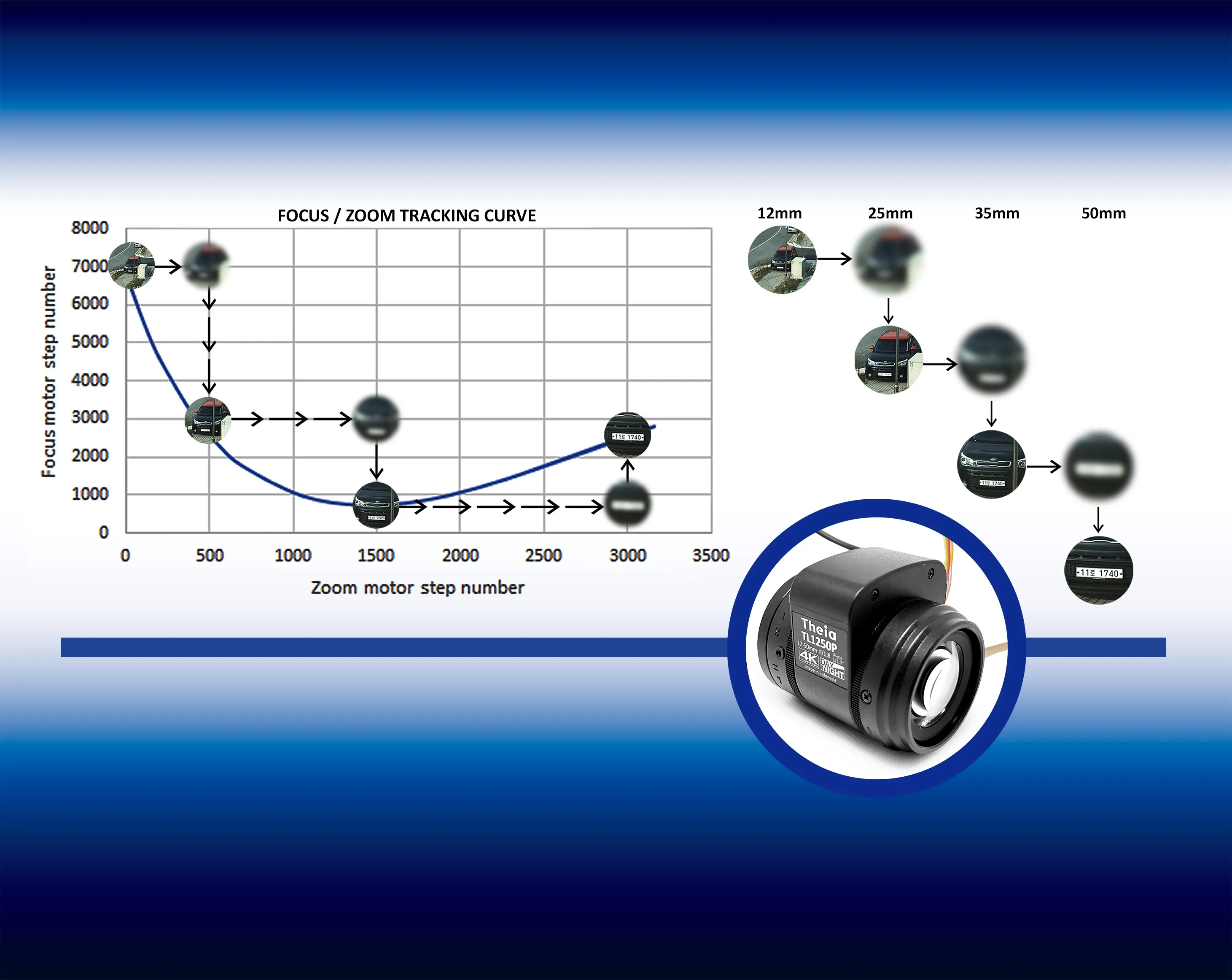An electric cargo bike, the 2x4 (two by four), developed by California-based NTS Works, can carry large objects into tight urban centres and other locations where deliveries by full-size vehicles can be difficult and costly, according to the company.
The lightweight, compact 2x4 is only slightly larger than a conventional cycle and has a flat cargo bed in front that can hold up to eight grocery bags. An electric motor assists the rider when pedalling and is adjustable via a handlebar mounted display so
August 29, 2013
Read time: 2 mins
RSSAn electric cargo bike, the 2x4 (two by four), developed by California-based 7512 NTS Works, can carry large objects into tight urban centres and other locations where deliveries by full-size vehicles can be difficult and costly, according to the company.
The lightweight, compact 2x4 is only slightly larger than a conventional cycle and has a flat cargo bed in front that can hold up to eight grocery bags. An electric motor assists the rider when pedalling and is adjustable via a handlebar mounted display so that even steep hills can be climbed with little effort. The bike is stated to have a ‘real’ range of thirty miles.
Asked why he developed the 2x4, Mr. Saiki states: “It’s the next step toward even cleaner and more affordable transportation. It’s for someone who wants to do even better than an electric vehicle. Riding 10,000 miles with the electric assist motor will only cost about US$22 in electricity. It’s almost free to ride with virtually no impact on the environment.”
The lightweight, compact 2x4 is only slightly larger than a conventional cycle and has a flat cargo bed in front that can hold up to eight grocery bags. An electric motor assists the rider when pedalling and is adjustable via a handlebar mounted display so that even steep hills can be climbed with little effort. The bike is stated to have a ‘real’ range of thirty miles.
Asked why he developed the 2x4, Mr. Saiki states: “It’s the next step toward even cleaner and more affordable transportation. It’s for someone who wants to do even better than an electric vehicle. Riding 10,000 miles with the electric assist motor will only cost about US$22 in electricity. It’s almost free to ride with virtually no impact on the environment.”









